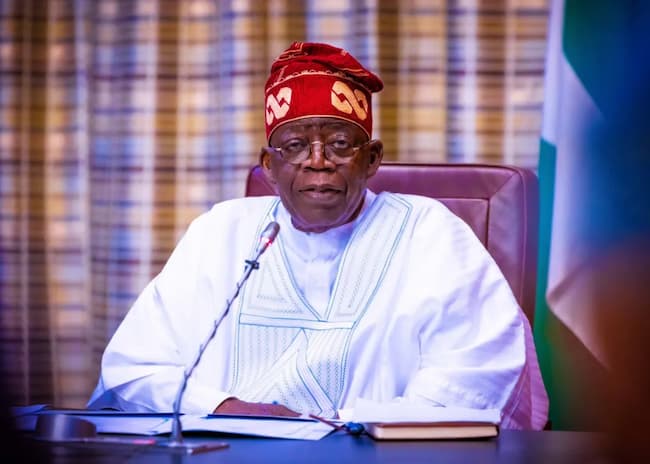President Bola Tinubu emphasizes his commitment to a market-driven approach for reforming Nigeria’s oil sector. Speaking at the State House on Tuesday, he asserts that the sector must not revert to its state from four decades ago.
He urges stakeholders to focus on increasing local production to ensure a sufficient supply of petrol and petroleum products for domestic use, aiming to reduce the country’s reliance on imports. Tinubu highlights that these efforts will help free up foreign exchange for investment in other sectors.
The President recommends that stakeholders collaborate with Afreximbank as a settlement bank to address challenges related to Naira pricing for crude and refined products, noting the bank’s role as a financial adviser.
Key Statements from the President
Tinubu states, “Any solution we propose for crude oil and refined product sales in Naira should not return us to our past experiences over the last 40 years. While there can be adjustments in costs and revenues, we must avoid reverting to old methods.”
He stresses that market forces should dictate operations, saying, “The market must determine our actions. By allowing the market to dictate profits and losses, independent marketers and the government can collaborate effectively.”
He also expresses a desire to resolve issues promptly, stating, “We can achieve energy security without compromising future investments, ensuring more predictability in the medium to long term.”
Additional Insights
Finance Minister Wale Edun notes that the administration’s decision to sell crude in Naira is irreversible and that the government will not dictate exchange rates for the oil sector.
Alhaji Aliko Dangote, President and CEO of Dangote Group, informs the President that the refinery currently holds over 500 million litres of fuel in reserve after supplying 400 million litres to the economy. He indicates that collaboration with other refineries managed by NNPCL can meet an estimated local demand of 32 million litres of petrol.
Zach Adedeji, Chairman of the Federal Inland Revenue Service and head of the technical committee, asserts that importing refined products should cease once the country achieves sufficient domestic production. He adds, “The President’s vision is to position Nigeria as a hub for refined products for global export.”
Context of Reforms
Since taking office, President Bola Tinubu has initiated several reforms in the oil and gas sector, the most notable being the removal of the costly fuel subsidy, which has led to rising petrol prices. Another significant reform involves a Naira-for-crude agreement between local refineries and oil producers, aimed at alleviating pressure on the nation’s foreign exchange reserves.
Refineries like Dangote are expected to supply petrol in local currency, supporting this initiative. These reforms signify a shift towards the full deregulation of the sector, with the goal of attracting investment and creating a level playing field for all stakeholders.













